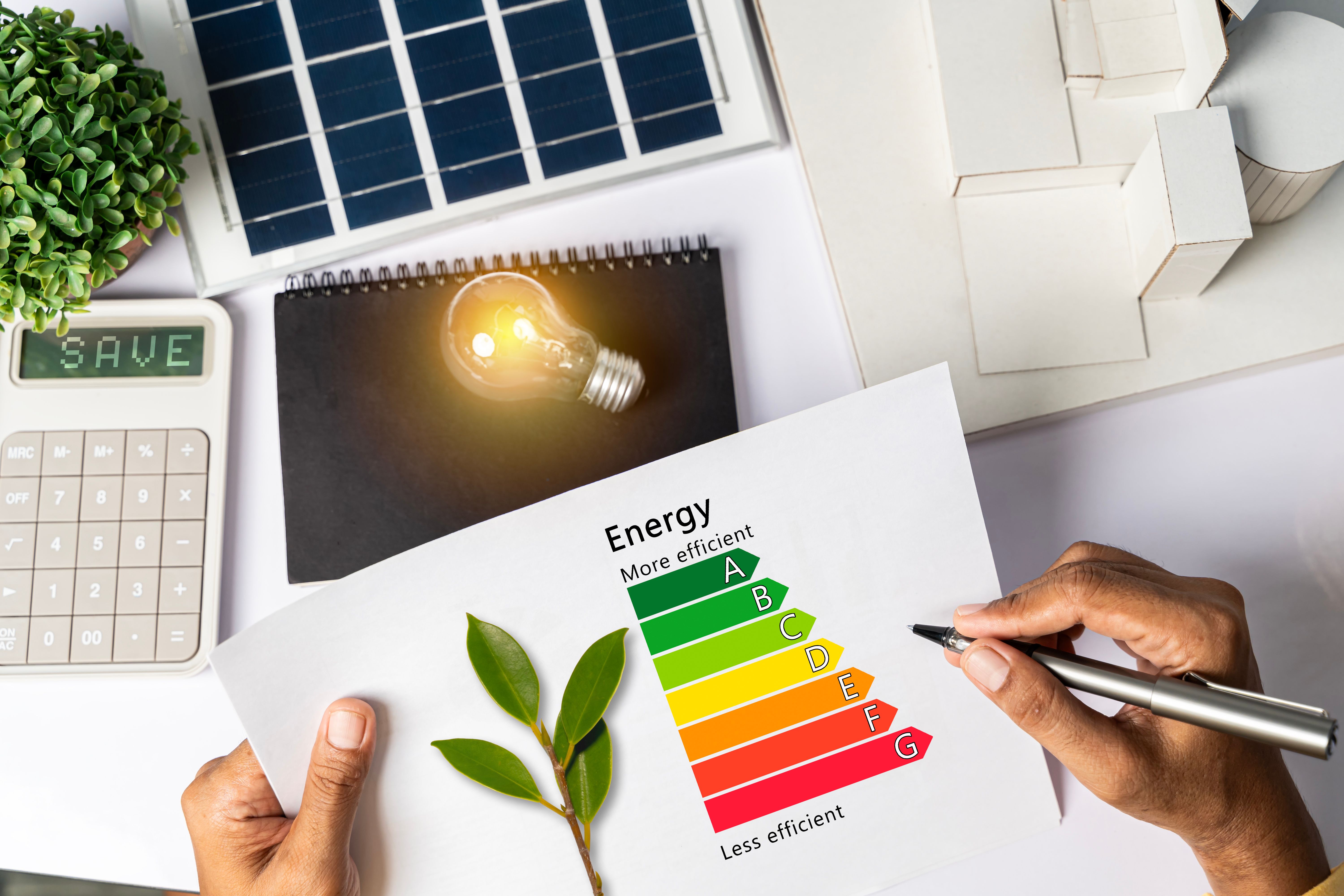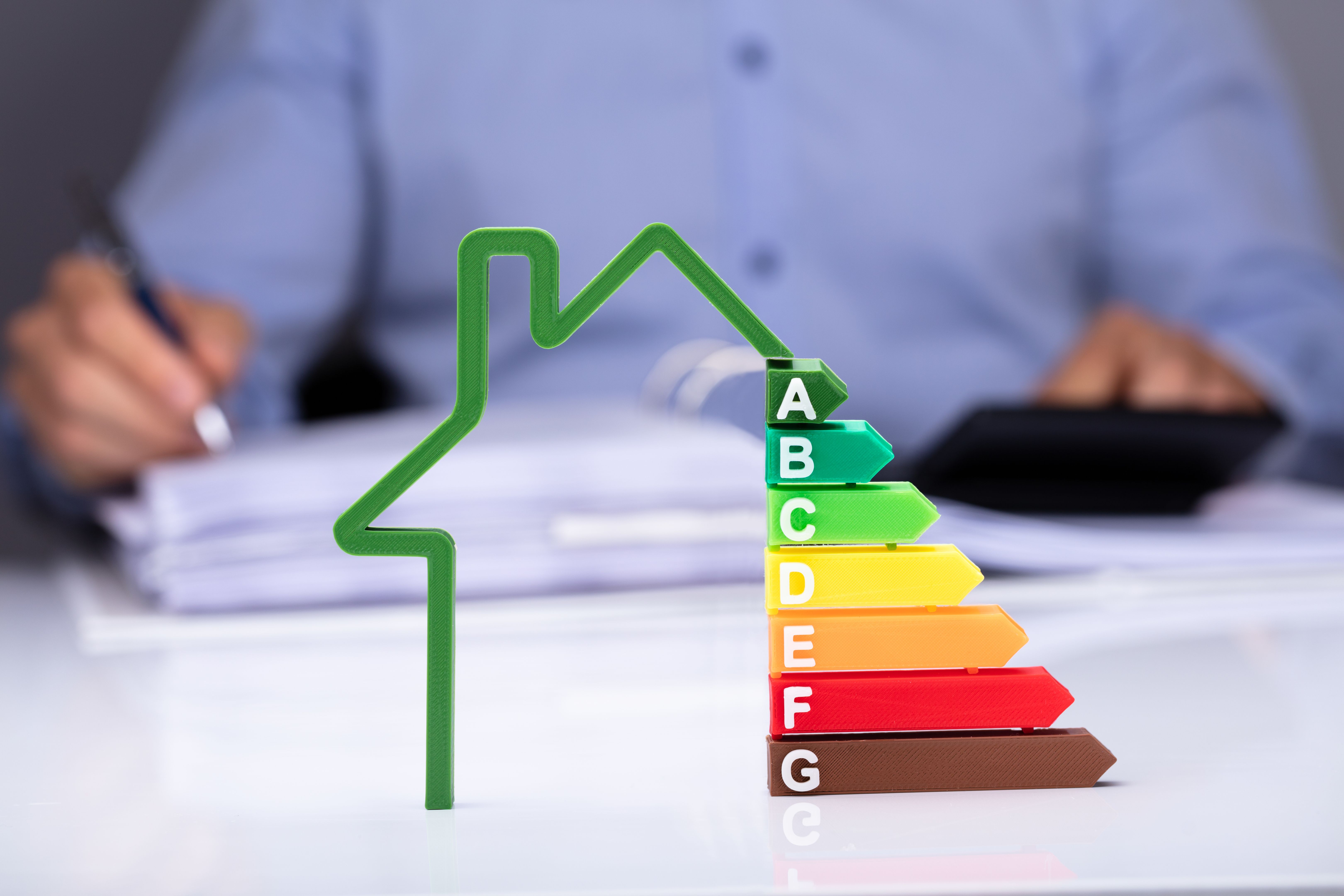Maximizing ROI: The Value of Energy Audits for Homes and Businesses
Understanding Energy Audits
In today's rapidly evolving energy landscape, both homeowners and businesses are increasingly recognizing the importance of energy efficiency. An energy audit is a comprehensive assessment that evaluates the energy use in a building and identifies opportunities for energy savings. This process not only helps in reducing energy consumption but also plays a crucial role in maximizing return on investment (ROI).

The Financial Benefits of Energy Audits
Energy audits can significantly enhance the financial performance of both residential and commercial properties. By identifying areas where energy is wasted, property owners can implement targeted improvements that result in substantial cost savings. These savings often translate into a higher ROI, as reduced energy bills quickly offset the initial cost of the audit and any subsequent upgrades.
Additionally, many utility companies offer incentives and rebates for energy-efficient upgrades, further enhancing the financial benefits of conducting an audit. These incentives can cover a substantial portion of the upgrade costs, making it an even more attractive investment.
Environmental Impact and Sustainability
Beyond financial savings, energy audits contribute to environmental sustainability. By optimizing energy use, homes and businesses can significantly reduce their carbon footprint. This reduction in greenhouse gas emissions is vital in combating climate change and promoting a healthier planet for future generations.

Moreover, adopting energy-efficient practices can enhance a business's reputation. Consumers are increasingly favoring companies that prioritize sustainability, making energy efficiency a competitive advantage in today's market.
Steps Involved in an Energy Audit
An energy audit typically involves several key steps:
- Initial Consultation: The auditor discusses goals and analyzes current energy use.
- Data Collection: Gathering information on energy consumption through utility bills and on-site inspections.
- Analysis: Identifying inefficiencies and potential improvements.
- Recommendations: Providing a detailed report with strategies for reducing energy use and costs.
- Implementation: Carrying out recommended upgrades and improvements.
Choosing the Right Energy Auditor
Selecting a qualified energy auditor is crucial to achieving the best results. Look for professionals who are certified and have experience with both residential and commercial properties. A good auditor will provide a comprehensive report with actionable insights tailored to your specific needs.

It's also important to choose an auditor who is familiar with local utility rebates and incentives, as these can significantly reduce the cost of implementing recommended improvements.
Long-Term Savings and ROI
The long-term savings from an energy audit can be substantial. By continually monitoring and optimizing energy use, property owners can ensure sustained reductions in their utility bills. This ongoing commitment to energy efficiency not only maximizes ROI but also enhances property value over time.
Implementing the recommendations from an energy audit can also lead to improved comfort levels within the building, such as consistent temperatures and better air quality, which are additional benefits that enhance overall satisfaction for occupants.
A Smart Investment for the Future
In conclusion, energy audits are a smart investment for both homes and businesses looking to maximize their ROI. By identifying cost-saving opportunities and promoting sustainable practices, these audits provide financial, environmental, and reputational benefits that extend well into the future. As energy costs continue to rise, investing in an energy audit today is a strategic move that ensures long-term profitability and sustainability.